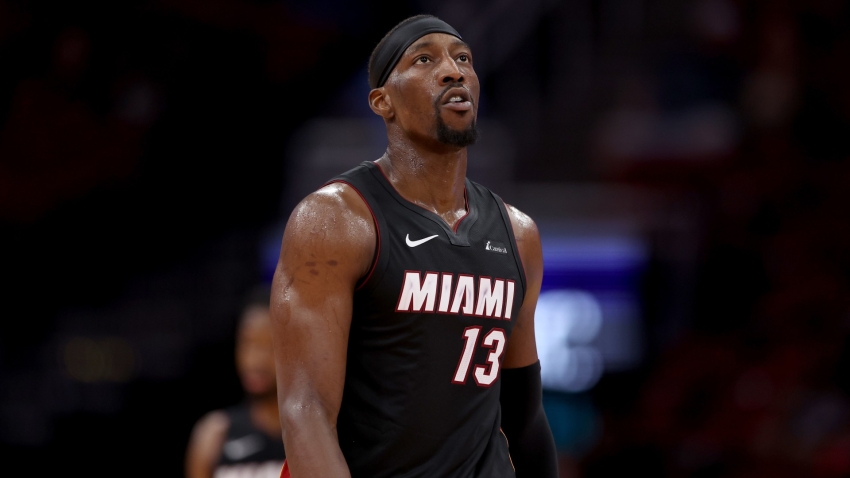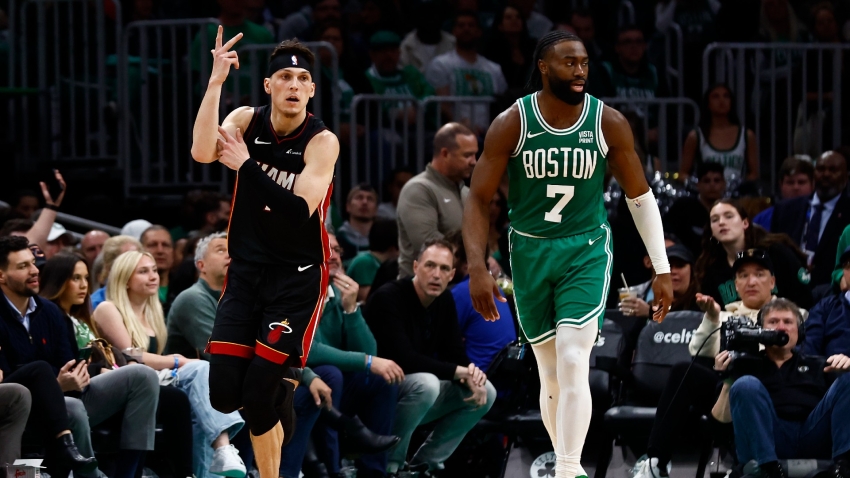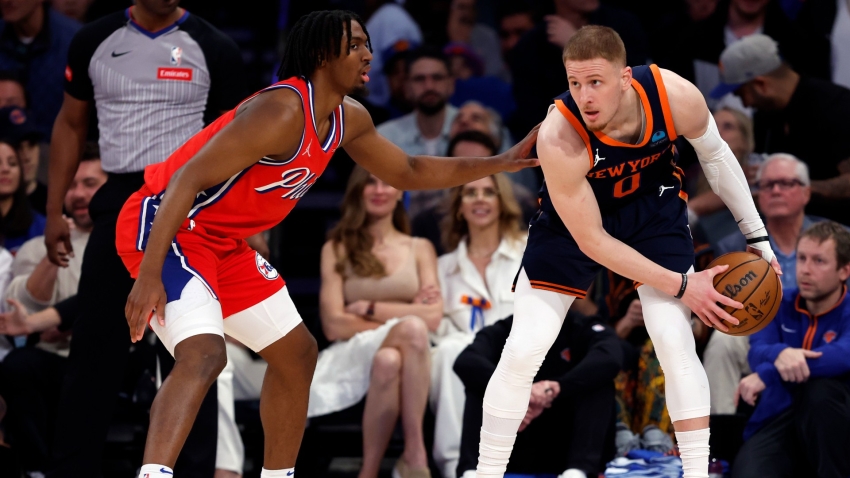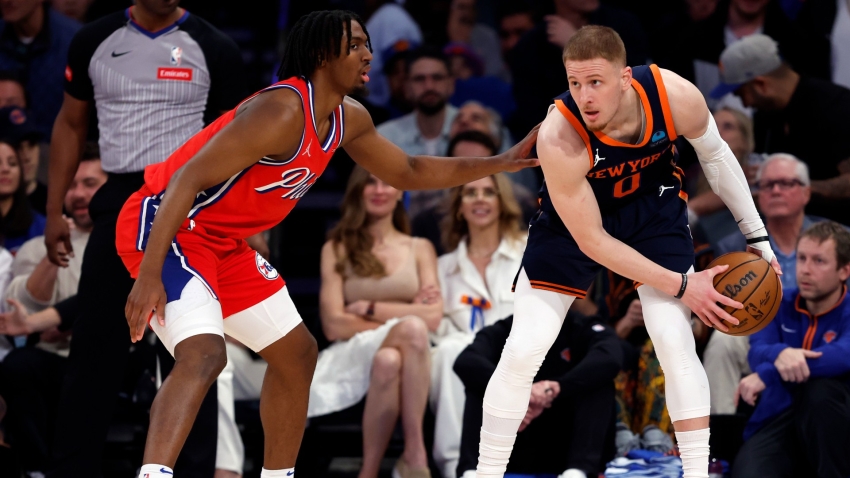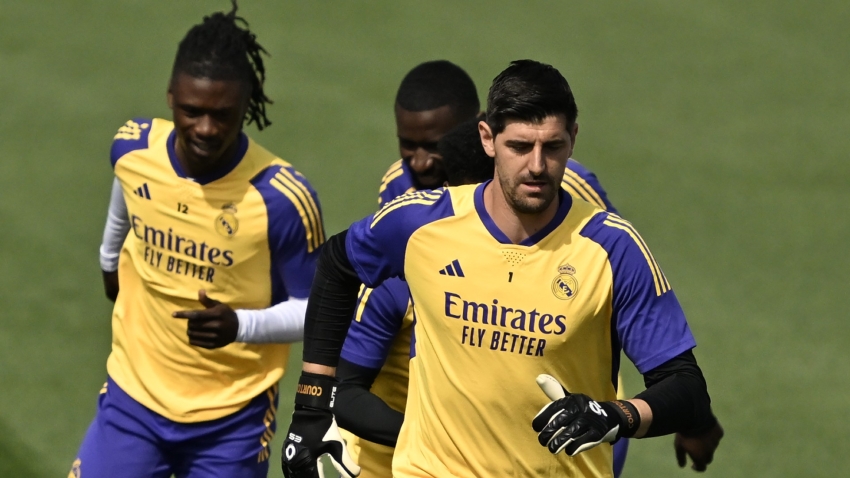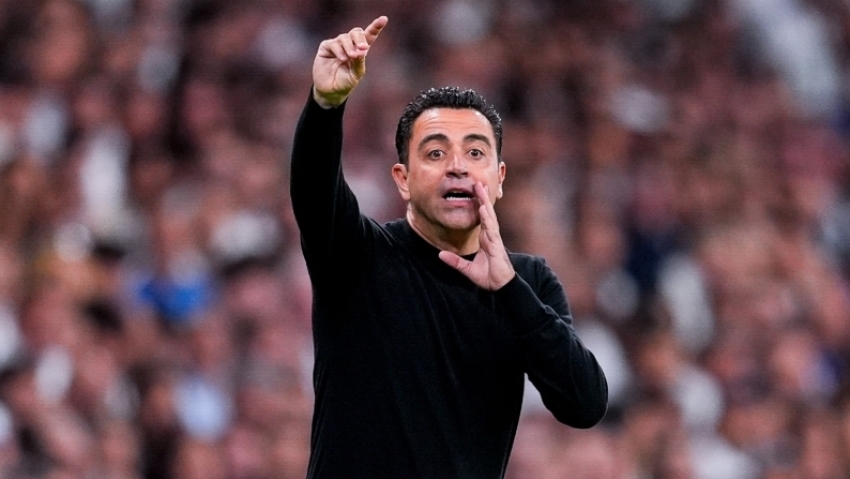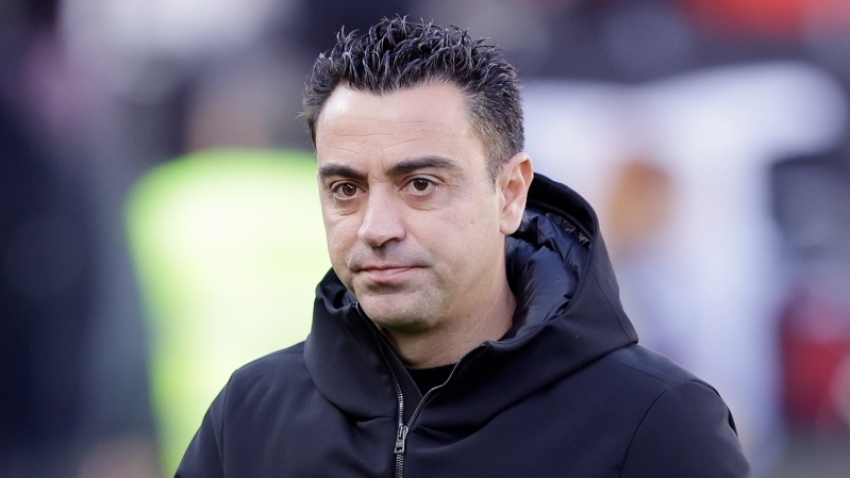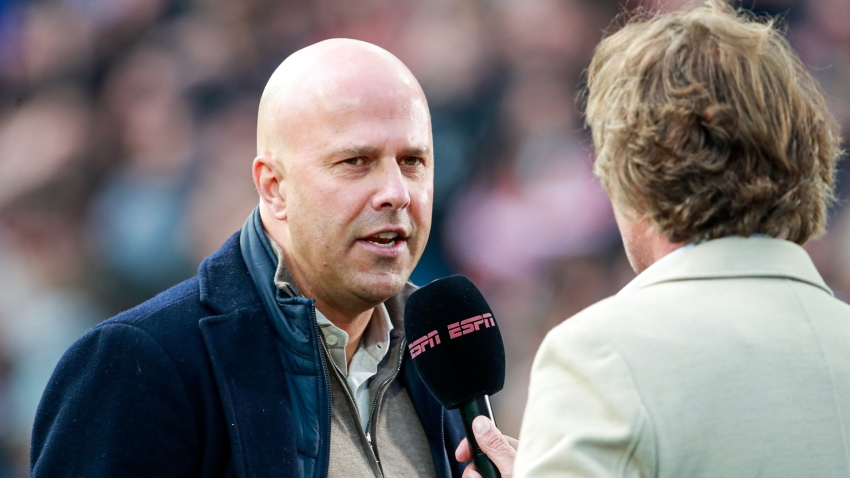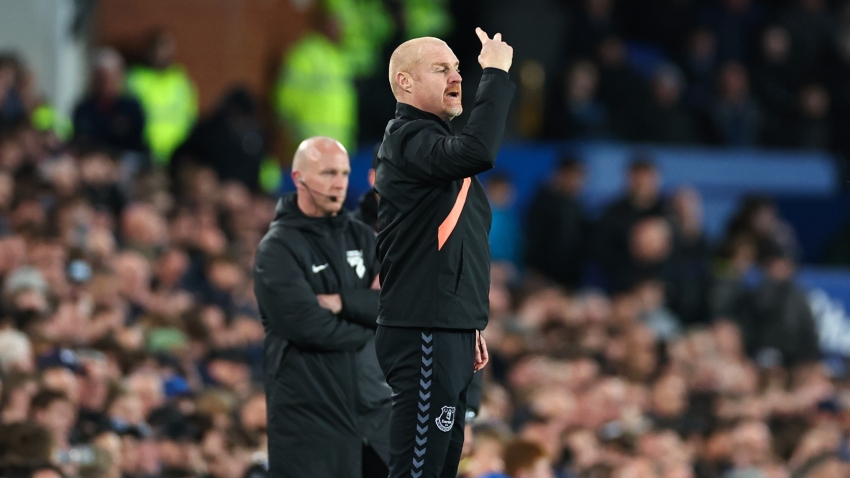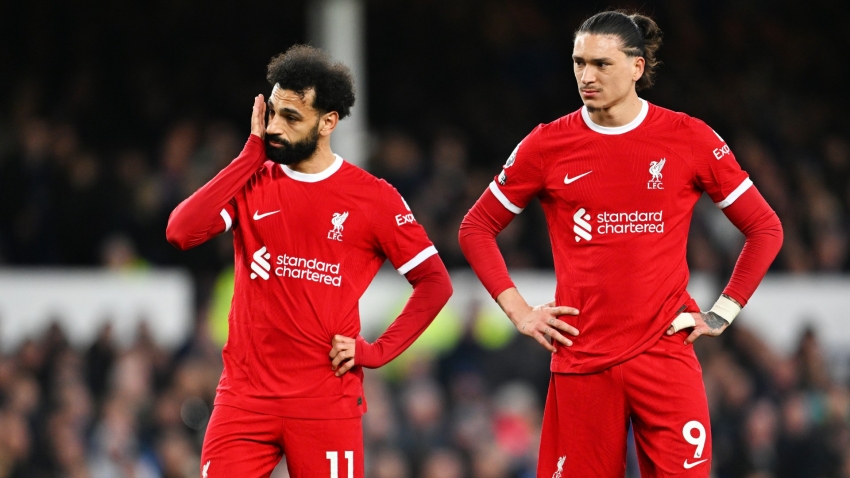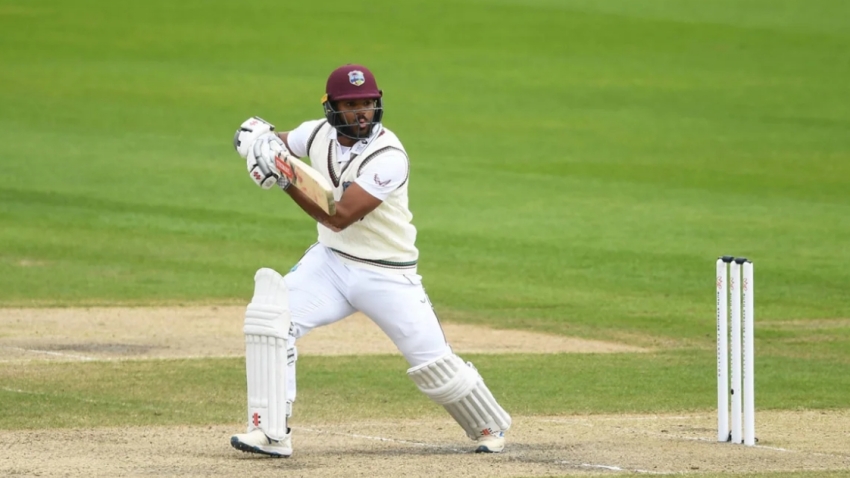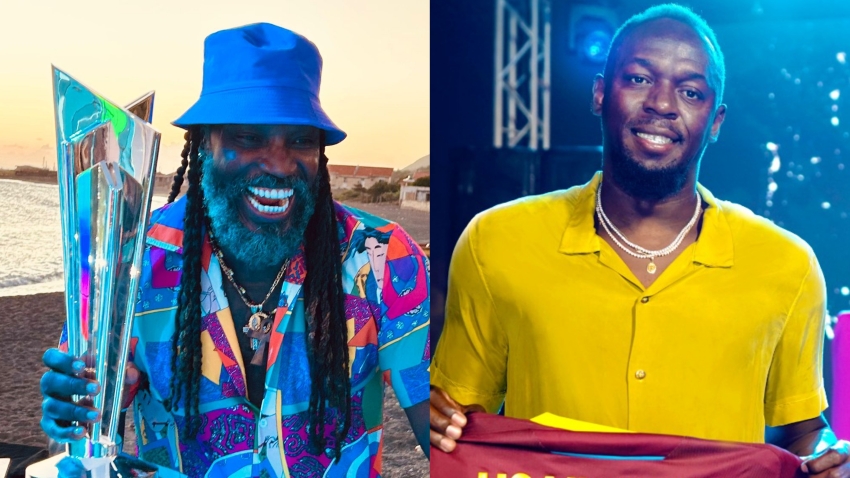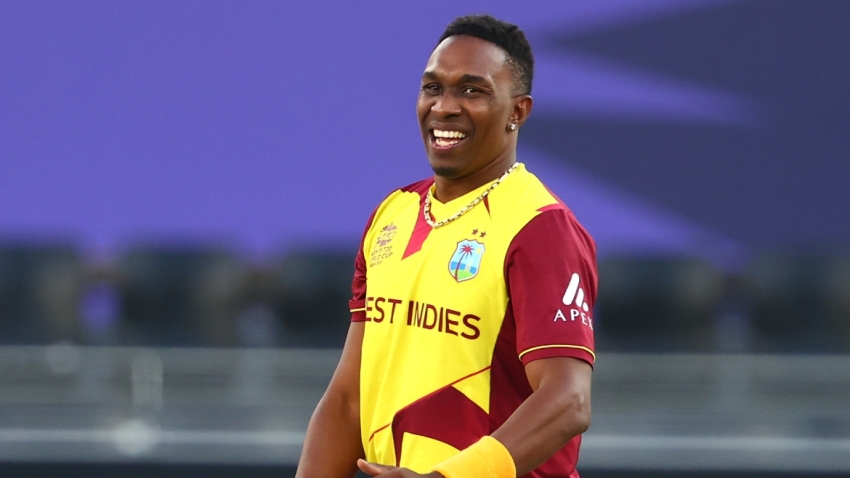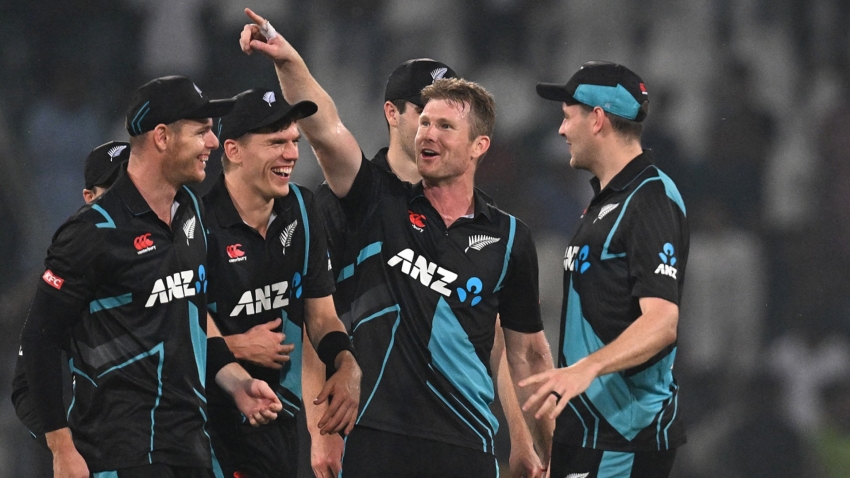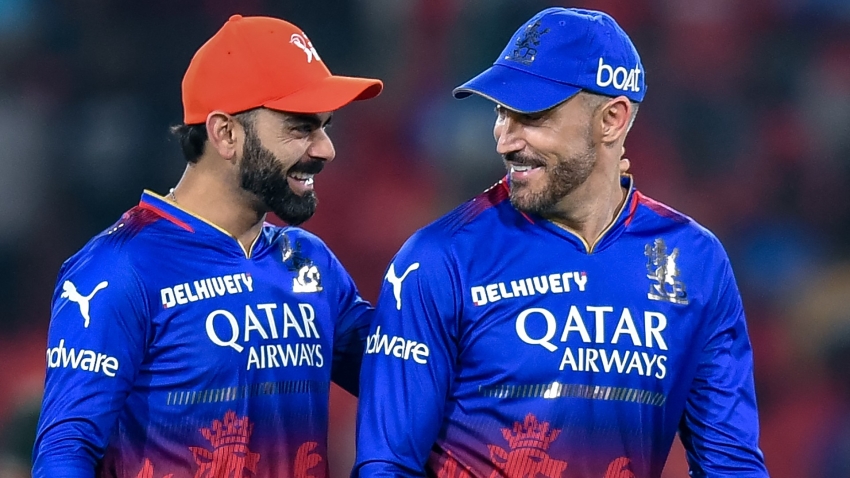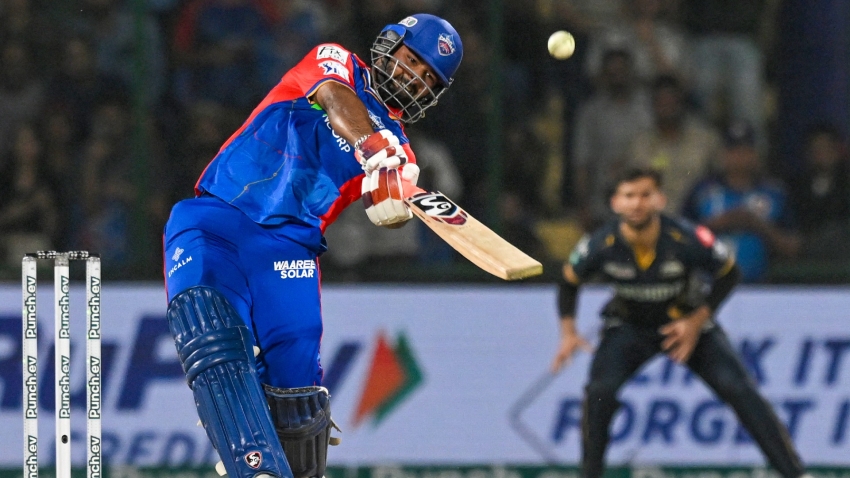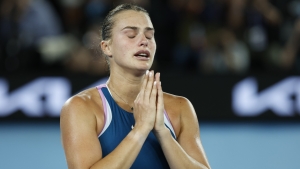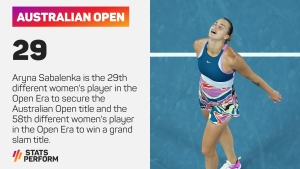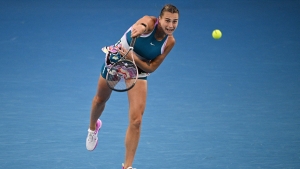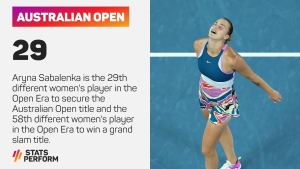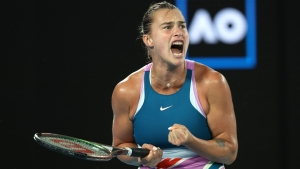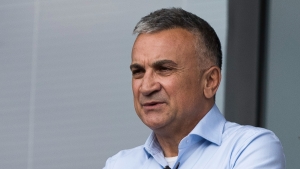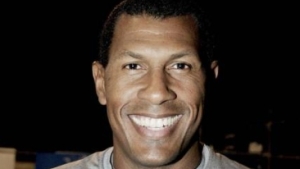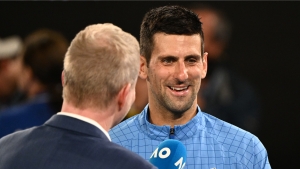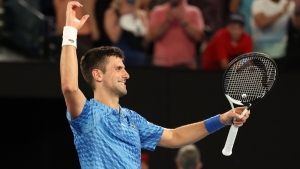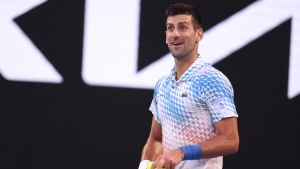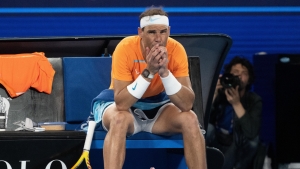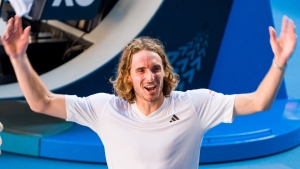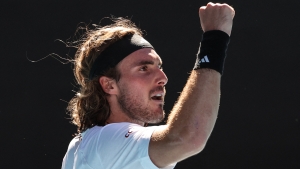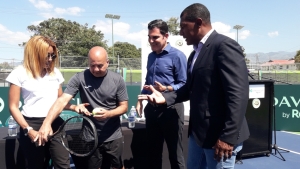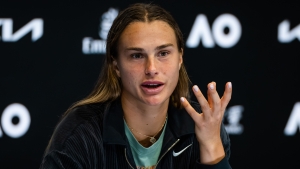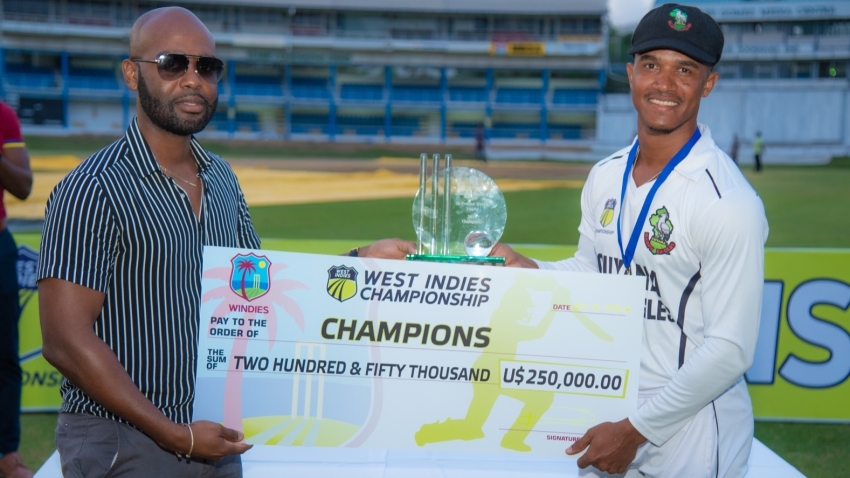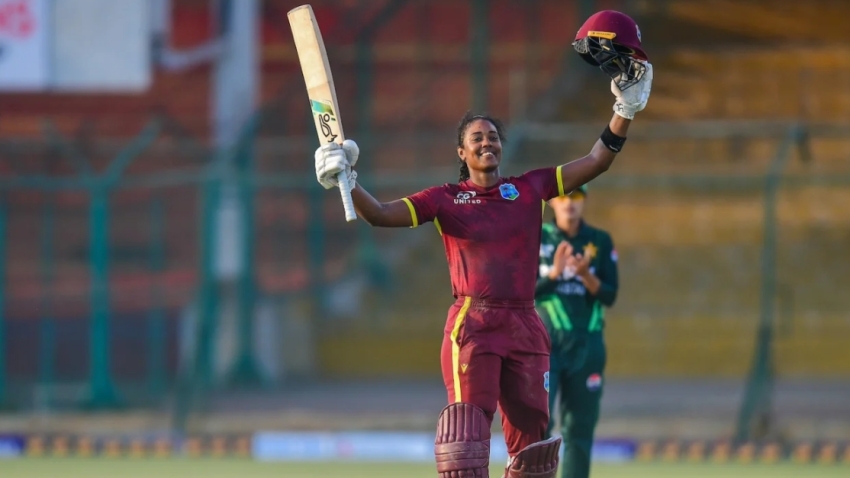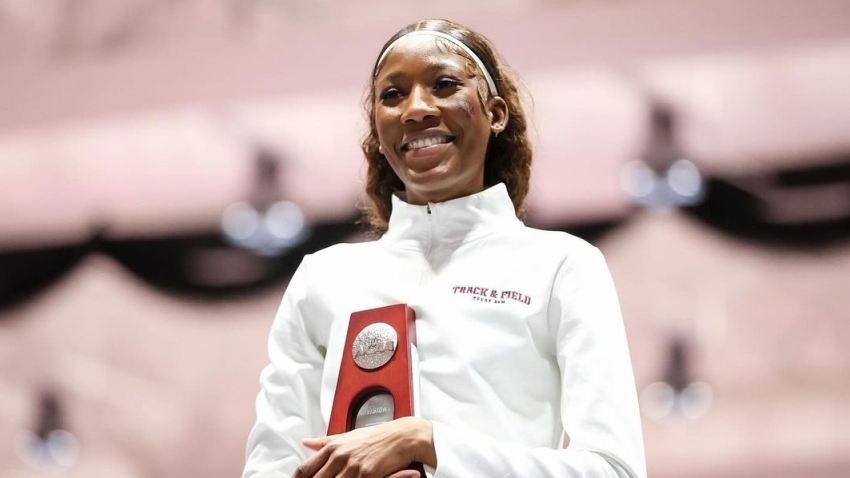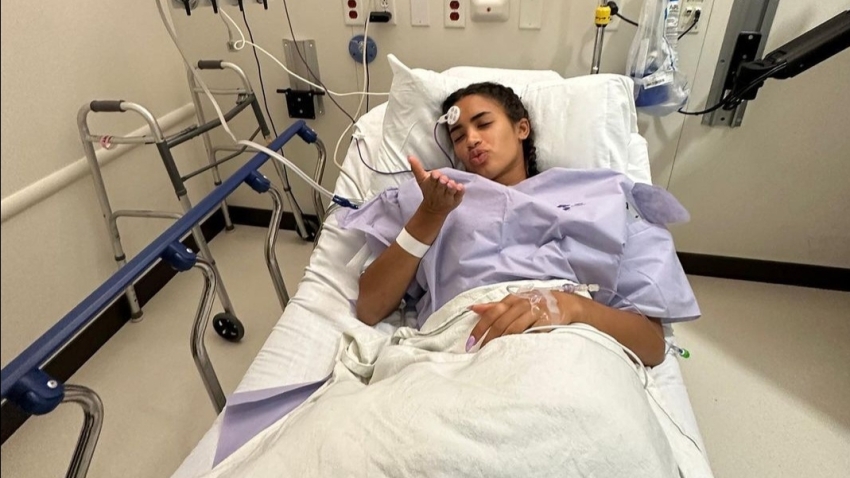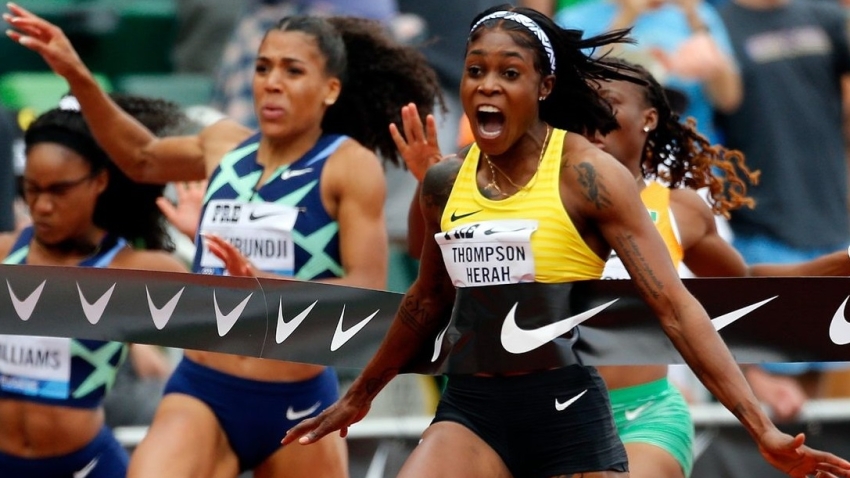As Saturday's Australian Open final pitted two of the most powerful players on the WTA Tour against one another, of course Russell Crowe was in Rod Laver Arena to see these modern gladiators do battle.
Much like Crowe's Hollywood epic, this encounter took two and a half hours to reach its conclusion. When it did, it was the brute strength and bravery of Aryna Sabalenka that made her a first-time grand slam champion.
Sabalenka, having so often fallen frustratingly short on the biggest stage, stuck to the principles that had carried her this far and was rewarded with a 4-6 6-3 6-4 defeat of Elena Rybakina.
A change has been noted in Sabalenka's manner in Melbourne, a calmer approach in difficult moments – and there were plenty against Rybakina.
Sabalenka had previously spoken of the need to be "boring" to win a major, but she argued ahead of this final: "I don't think it's that boring to watch me. I hope [not]. Just less negative emotions."
Are you not entertained? Crowe and the rest of the crowd watching this back-and-forth certainly were, chiefly due to Sabalenka's unrelenting aggression.
It was most evident on the second serve as Sabalenka repeatedly went after her opponent. Perhaps she felt she had no choice.
Rybakina had won a tournament-leading 73 points against the second serve prior to the final; easing up would have invited her own immense power into the equation.
Instead, Sabalenka's second serve averaged 149km/h. The result was only a 47 per cent success rate and seven double faults – but also the title.
Rybakina went in the opposite direction and, after a strong start, paid the price.
Her second serve was down at 136km/h and led to only a single double fault, yet Sabalenka, initially understandably nervous, grew into the match and won 23 return points against the second serve. She met Rybakina's uncharacteristically delicate touch with a hammer.
Rybakina's thinking had been set forth after her first night match of the tournament against Victoria Azarenka in the semi-finals.
"Maybe I will not have to serve that big, that fast, so it doesn't really matter the speed," she explained. "It's important to have a good placement on the serve.
"In these conditions, to serve full, full power, it's not easy. The ball is not really going."
It still went at times in the final – a 195km/h serve matched any previously seen in Melbourne this year – but that placement was not there; landing only 59 per cent of her first serves in, Melbourne's ace queen allowed Sabalenka to become a little too familiar with this change of tack on second serve.
Having eliminated three major champions, including world number one Iga Swiatek, and last year's finalist en route to the showpiece match, it was undoubtedly a risk for Rybakina to alter her game with the title in sight.
She may well have thought it had paid off after taking the first set; although her three previous matches against Sabalenka had all gone to three sets, all had been lost after Rybakina dropped the opener.
But Sabalenka roared back, recovering from 15-40 in the opening game of the second and building from there.
Once the tide turned, it became increasingly unclear whether Rybakina was steadfastly sticking to her slower, supposedly more accurate method or had simply been sapped of her energy by the sublime force of Sabalenka, who racked up 51 winners.
It was ultimately the Belarusian – a first neutral champion – who succeeded in showing something different, her 11th win in succession to start the season seeing her drop a set for the first time yet still triumph.
As emotion overcame Sabalenka before she promised "even better tennis" in Australia next year, Rybakina was left with much to ponder.
Both women outlined their desire for "many more battles", and the Wimbledon champion might hope the conditions next time tee her up to take Sabalenka on at her own game.
Sabalenka is the opponent Rybakina has faced most often without winning; if this is to develop into the sort of rivalry women's tennis has not seen for some time, that is going to need to change.


